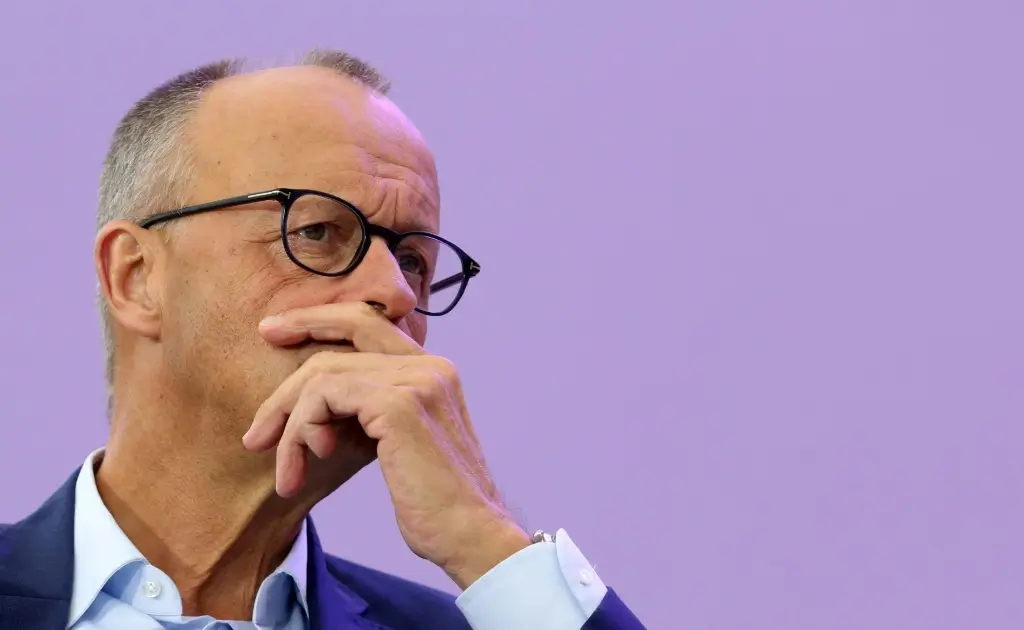
Leading SPD politicians have warned Chancellor Friedrich Merz (CDU) against disparaging the social welfare state. “Our welfare state is a central achievement of our democracy and the foundation of the social market economy that has made Germany strong,” SPD Secretary General Tim Klüssendorf told the Stuttgarter Zeitung and Stuttgarter Nachrichten newspapers on Monday.
The fact that the chancellor described the social system as no longer financially viable in a speech to the Lower Saxony CDU on Saturday was apparently “a mandatory element of a CDU party conference speech.” The social welfare state is “not a burden that one has to afford, but an anchor of security of fundamental value,” Klüssendorf continued. However, it is true that Germany needs economic growth again.
Deputy SPD chairwoman Petra Köpping told the Bild newspaper: “Germany is the third-largest economy in the world. Pretending that we are on the brink of disaster is irresponsible.” Reforms are indeed necessary. “But before fears of drastic cuts and social decline are stirred up, we would all be well advised to work together to develop proposals,” Köpping said.
SPD deputy leader Serpil Midyatli warned Merz that the state has a responsibility for all people who are not on the sunny side of life. “Social Democrats have fought for a strong social welfare state for more than 160 years,” she told Bild. “Reducing that to the financial situation alone is not something we will accept.”
In his speech in Osnabrück, Merz called for a thorough reform to keep the social welfare state affordable. “The welfare state as we know it today is no longer financially viable given our economic performance,” he said. He said he wanted to “deliberately not make it easy” for his coalition partner, the SPD, in this endeavor.
The coalition between the CDU/CSU and SPD has undertaken fundamental reforms of the social security systems, for example, in the areas of citizen's income, pensions, and health insurance. The background to this is rising costs and austerity measures in the federal budget. The planned reforms are intended to keep the social welfare state affordable. Concrete proposals are being worked out in part by expert commissions, and the first steps are to be taken in the fall.